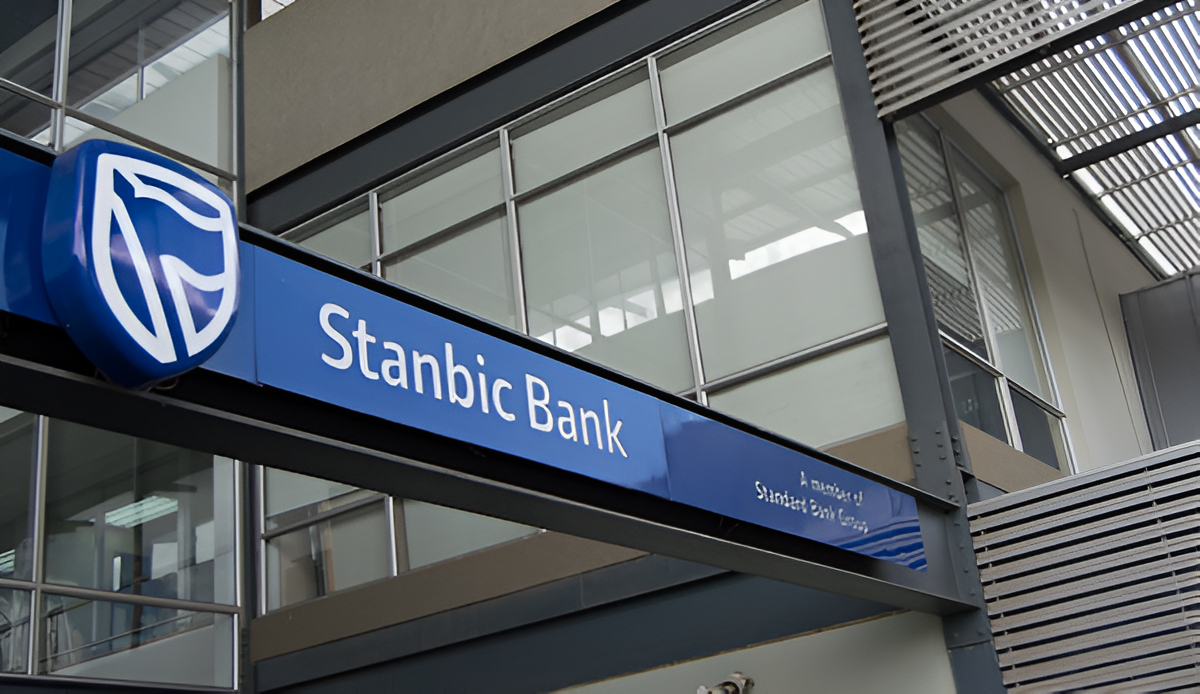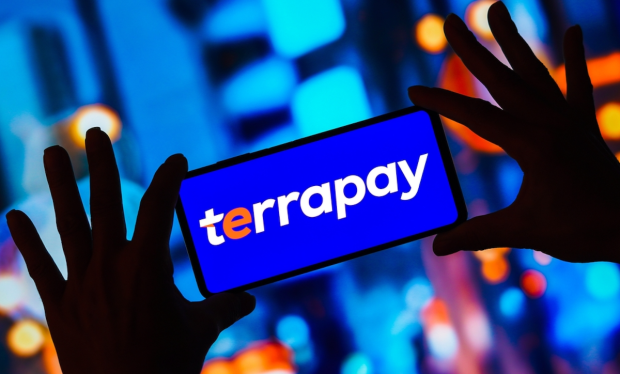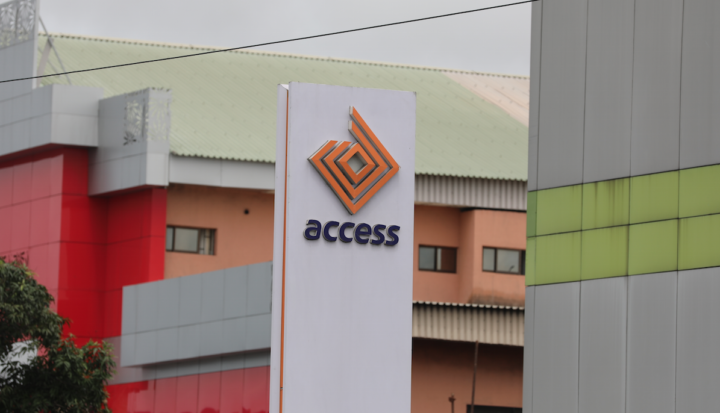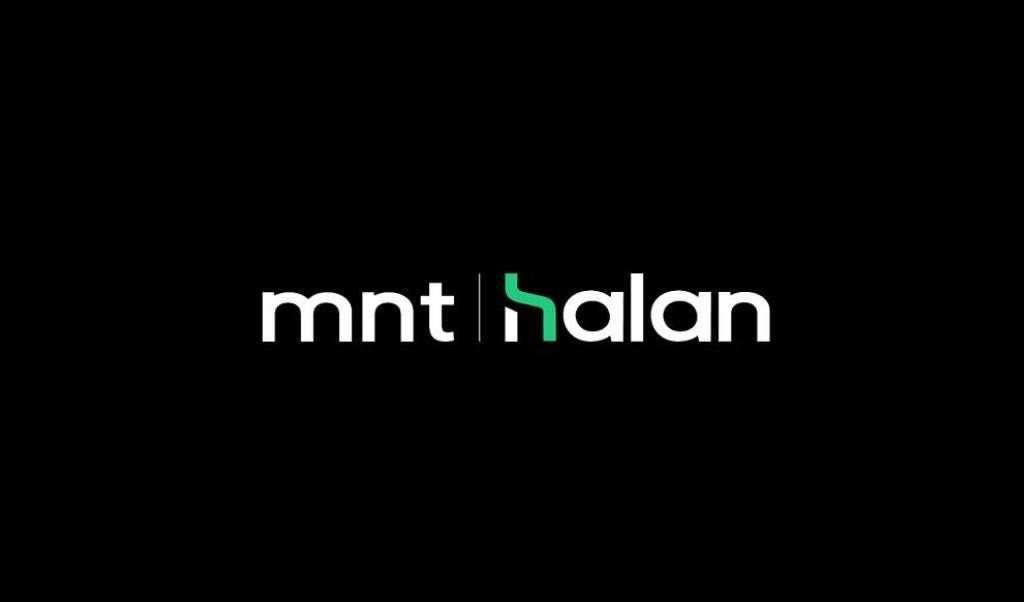The Agence Française de Développement (AFD) has shelled out €3 million to the Africa Digital Financial Inclusion Facility (ADFI), run by the African Development Bank (AfDB).
The extra funding, which now totals €5 million, will help the ADFI partnership accelerate the adoption of digital financial solutions throughout Africa by boosting investments in replicable and scalable projects that give underprivileged communities access to credit and other financial services that encourage investment and entrepreneurship.
Digital financial gap in Africa
According to recent AFD data, over half of the adult population on the continent lacks access to digital financial solutions, particularly women, young people, farmers, small enterprises, and rural communities.
In order to ensure that vulnerable populations, especially those in climate-affected regions, have access to financial tools that will enable them to adapt and thrive, the AfDB, Gates Foundation, and Luxembourg Ministry of Finance established the ADFI in 2019 with the goal of accelerating the mobilisation of financial and human resources to align financial systems with the Sustainable Development Goals of the UN.
AfDB and AFD express optimism
Mohamadou Ba, head of the AfDB’s financial intermediation and inclusion division, commented: “Digital financial solutions are key to improving the quality of life of people in Africa and reducing the gender access to finance gap.
We welcome the Agence française de développement’s renewed support of the catalytic role ADFI has been playing in accelerating greater access and usage of digital financial solutions and financial inclusion across the continent.”
Audrey Brule-Françoise, head of AFD’s financial systems division, added: “Developing digital financial services is a key pathway to reach financially excluded populations in Africa.”








